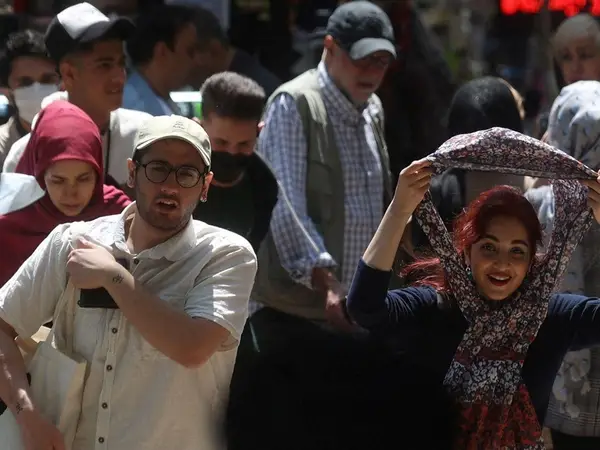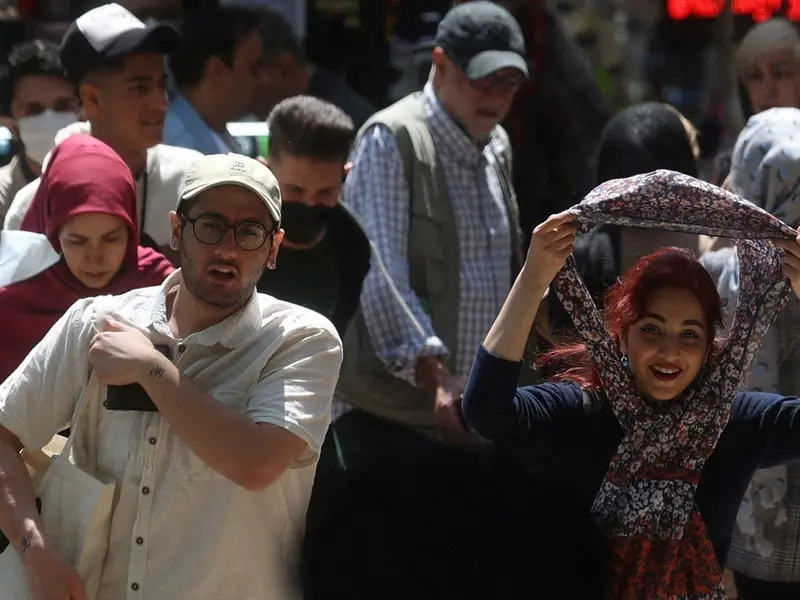Amnesty International has issued a call to Iranian women who have faced persecution due to Iran's mandatory hijab laws, urging them to share their accounts with the rights group.
The call, published on the organization's Telegram channel in Farsi on Monday, highlights the systemic harassment and persecution experienced by women in Iran, with particular emphasis on the issuance and execution of flogging and imprisonment sentences.
"The real dimensions of the organized assault on women's rights, particularly the issuance and execution of flogging and imprisonment sentences against them, remain hidden," added the announcement by Amnesty.
The Iranian government's continued enforcement of mandatory hijab laws, despite nationwide protests triggered by the killing of Mahsa Amini in the custody of morality-police, has drawn international condemnation. The methods employed, including seizing cars and imposing widespread social deprivation, underscore the severity of the situation.
Amnesty's call emphasizes the importance of shedding light on such issues by requesting affected women, along with their relatives, lawyers, and other witnesses to share relevant documents such as court rulings and evidence of administrative actions by February 27.
Narges Mohammadi, a prominent human rights activist imprisoned in Iran and recipient of the 2023 Nobel Peace Prize, last month called upon the United Nations Secretary-General to recognize sexual and gender apartheid as a crime against humanity. Mohammadi's plea, articulated in a letter from Evin Prison published on January 26, drew parallels between this form of oppression and racial apartheid, urging international action.
Meanwhile, the Iranian government's efforts to reinforce hijab enforcement include attempts to pass a law entitled "Chastity and Hijab,"which imposes severe punishments on women who resist compliance. Mohammad Bagher Ghalibaf, the Speaker of the Parliament, has announced that the bill's amendments are in their final stages, indicating imminent communication to the government following approval by the Guardian Council.

